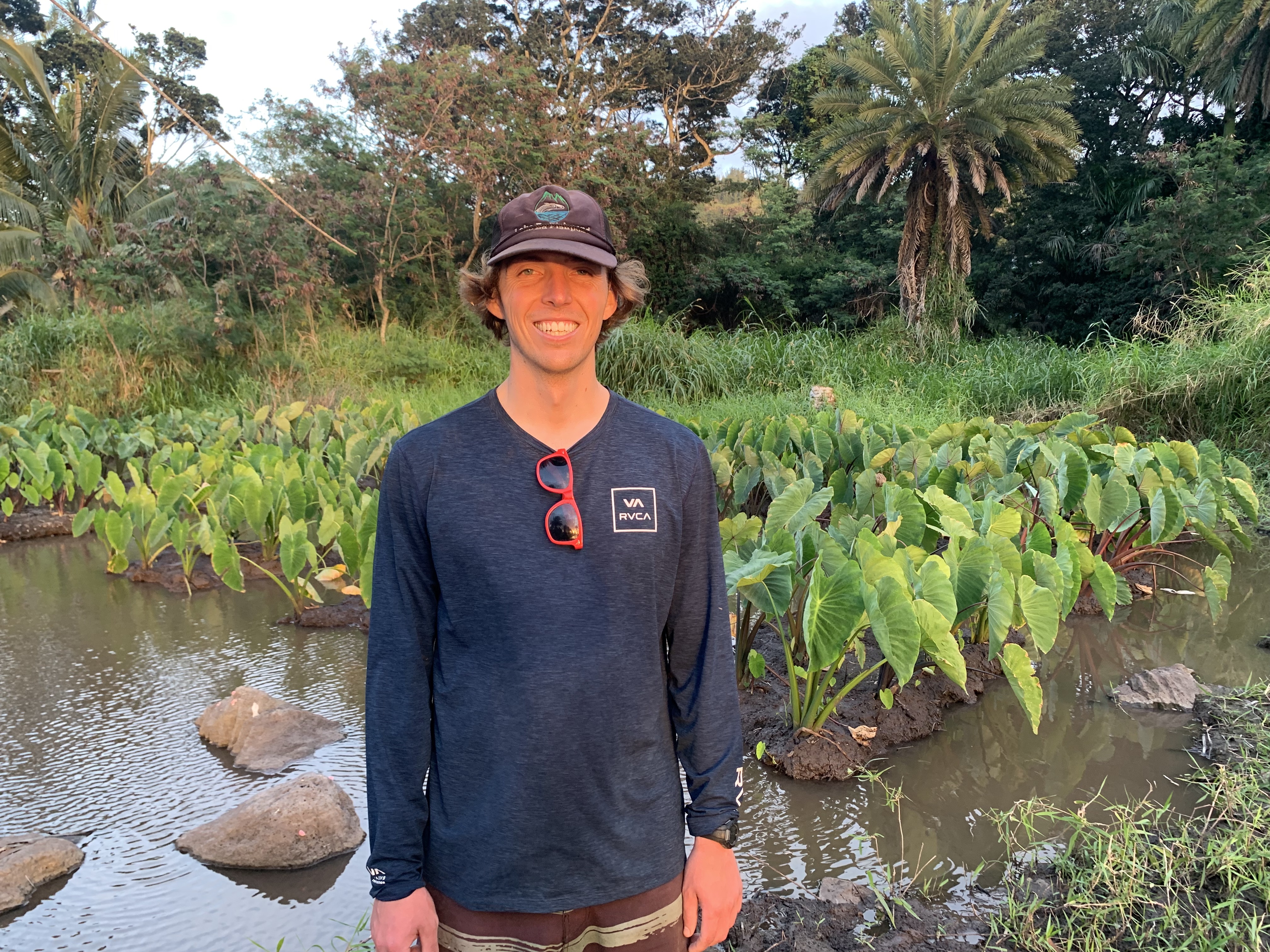Reckless Abandonment? Assessing how agricultural legacies impact the ecological & social functions of land

PHD DISSERTATION DEFENSE
Advisor: Ashley Larsen
Committee: Dar Roberts, Carla D’Antonio
ABSTRACT
Agricultural expansion is often a driver of land use change, but in many places, agriculture is contracting, leaving millions of hectares of abandoned agricultural lands. My dissertation leverages methods from various disciplines and research frameworks to investigate how abandoned agricultural lands can be managed for ecological, social, and cultural benefits. I use unmanaged plantation lands in Hawaiʻi as a model system to study vegetation recovery and opportunities for strategic management following intensive cultivation across steep biophysical gradients. Chapter 1 examines where and when secondary vegetation on unamanged sugarcane fields recovers the structure, composition, and function of uncultivated reference ecosystems. After finding that time only accounts for some variation in vegetation outcomes, my second chapter uses econometric models to evaluate the role of landscape composition, biophysical conditions, and fire history as predictors of revegetation patterns on unmanaged sugarcane fields. My third chapter employs a two-eyed seeing approach that combines quantitative optimization models and themes from 20 expert opinion interviews with Indigenous and local community members to identify priority areas for recultivation, reforestation, and biocultural restoration on former plantation lands. Findings from these studies enhance our ability to not only predict how ecosystems recover following intensive cultivation but also elevate Indigenous and local perspectives in the stewardship of unmanaged agricultural lands as a multifunctional resource for ecological, social, and cultural goals.
BIO
Nākoa Farrant is from Paumalu, Oʻahu. He has participated in the restoration of loʻi kalo (irrigated taro fields) and loko iʻa (fishponds) across Hawaiʻi for 16 years. These experiences have motivated his research to investigate the design and implementation of culturally grounded, ecologically sustainable food systems in the dynamic modern context. He spends his free time surfing and restoring ʻāina.